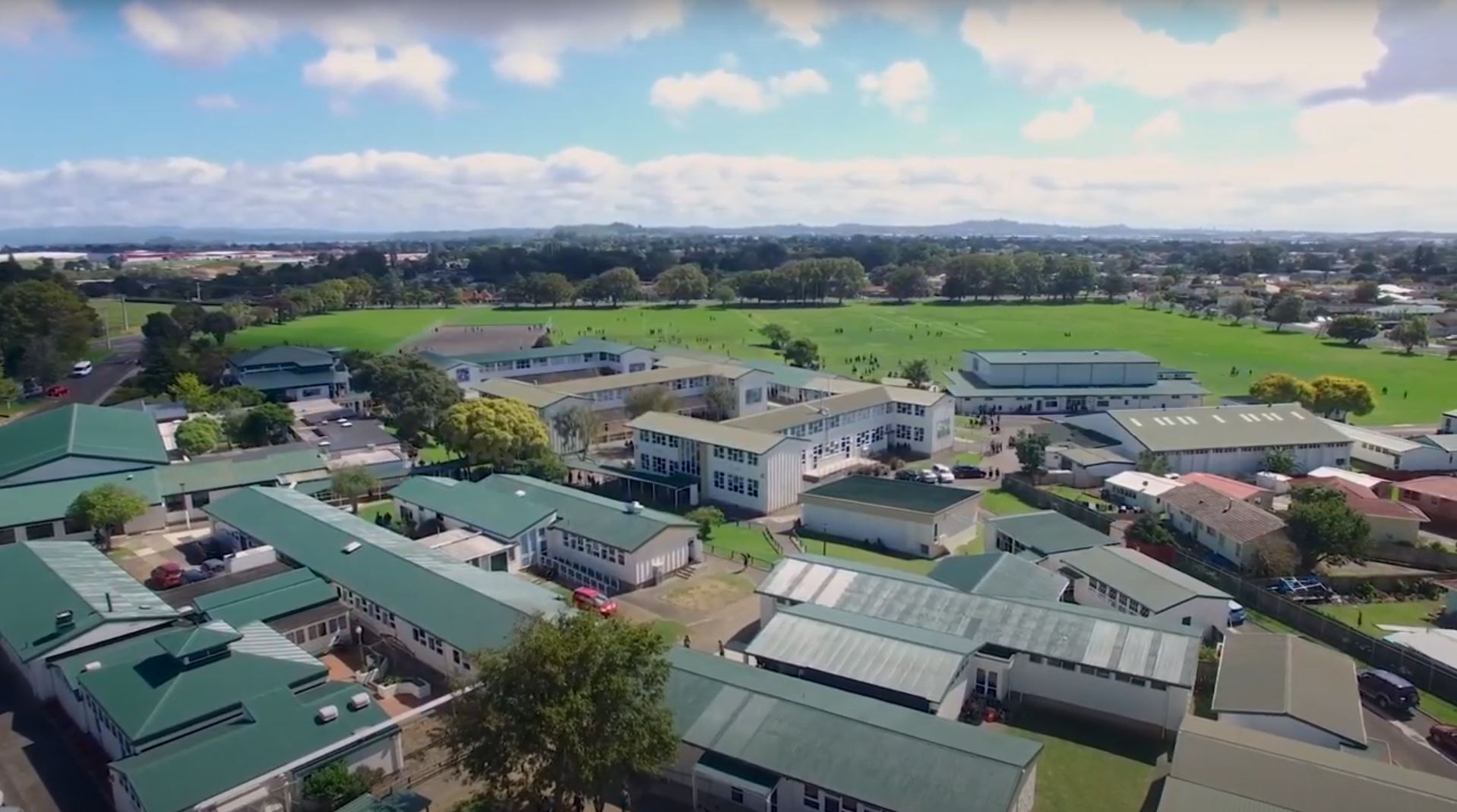I was taught that policy is an organisation’s overarching guidance and principles, which are clearly different from procedures. Procedures, on the other hand, are what we actually use on a day-to-day basis to support policy. Procedures can be refined and redefined as circumstances change.
A classic example of this is Cyber Safety. I have seen countless rewrites of Cyber Safety or ICT “policy”, which to me appear to have actually been rewrites of procedure instead, often to adapt to changes like social media or BYOD.
Boards of Trustees are required to review school policies relatively regularly. Depending on how things are going, these reviews may have varying influence over the actual procedure of this policy, and what that looks like at an operational level.
Putting Policy before Procedure
My point here is that policy is ‘the real guts of it’. A policy is the ‘why’, the foundation. The policy is a map to go back and check on when we lose our way or are confused by the procedures that we have created to make it a reality. I’ll come back to this, but first, let us briefly talk about humans.
Good, Great, Bad and Worse
There is no doubt that we all go through good and bad times in our personal and professional lives. Often this can be when we are put under pressure at school, perhaps when there is an event that places a significant strain on leadership and staff.
Of course, it is just my opinion, but this is when we see the real “ilk” of a person or organisation. I love the word “ilk” and although not pure in its use, in this context it speaks to a type of person that remains calm and in control even in the toughest of times. To borrow a musical term, they demonstrate a certain “timbre” – a distinctive tone and manner that differentiates itself from others. This measure applies to teams and organisations too. I have heard some rather wise people comment that a school is best judged by how it deals with the difficult times – how does it support its community, students and teachers when things get tough?
On the negative side of this (I hold no judgement here because I have yet to meet an innocent party – including myself at times), we see certain behaviours that are less than desirable from organisations and individuals when the proverbial is hitting the fan. Those of you who have management experience may recognise some or all of the following behaviours or statements:
- Reciting “Not my problem, it’s not in my job description!”
- Pointing the blame at others including loved ones and ‘the government’
- Yelling
- Crying
- Yelling and crying at the same time
- Humming “Little Donkey” quietly in the corner with hands over their ears whilst moving in a rocking motion
- A complete shut-down and total non-communication
- My favourite (and most relevant to this article) catch cry is: “It’s not policy!”
Striking a Balance
A well-thought-out policy has a clear symbiosis with its procedure – those moments where you say. “Oh yeah… I see why we do that!”.
Is this symbiosis easy to achieve? I’d argue that most of the time it is definitely not.
The instinctive reaction that causes procedural decisions to be made based on fear, risk and consequence is strong. It is much harder to stop, consider, filter out the noise, and only then decide upon the appropriate response based on what you fundamentally stand for (which should also be reflected in your policies). As the literature puts it, “double-loop” learning (or the process of fundamentally examining ‘the why’) is time-consuming and often requires individuals and groups to cast aside their preconceptions in order for that learning to be successful.
‘Asking yourselves “What will best serve our kids and learning community?” can result in some pretty tough decisions, but if we don’t try, we can easily create a ‘groundhog day’ that can not only have massive financial repercussions but a fundamentally detrimental effect on learning outcomes.’
Over the years I’ve seen both very good, and very bad examples in New Zealand schools. Places where procedure rules and policy simply becomes a legislative requirement. However, I have also seen schools that celebrate the fundamental tenets of their school and community values through policy and the resulting procedural decisions that are made to support them.
As educational leaders, specifically in terms of ICT in schools, I implore and encourage you to take this stance. First, ask the policy questions about everything ranging from procurement to personnel, and then focus on how your procedures will best ensure success. Take the fear, preconceptions and baggage out of it. Asking yourselves “What will best serve our kids and learning community?” can result in some pretty tough decisions, but if we don’t try, we can easily create a ‘groundhog day’ that can not only have massive financial repercussions but a fundamentally detrimental effect on learning outcomes.
At New Era, we pride ourselves on helping you make transparent decisions based on what you want to achieve in your school. We have the perspective to offer insight on choices that are being made, without being influenced by history, politics or agenda. Ultimately, as an organisation, we are only successful when our schools are successful. We are constantly working to evaluate and evolve our own policy (then procedures) to ensure that this happens. Talk to us about helping make the right ICT decisions that reflect your policy. We can worry about the procedures soon after.

 Australia
Australia Canada
Canada LATAM
LATAM UAE
UAE United Kingdom
United Kingdom United States
United States




